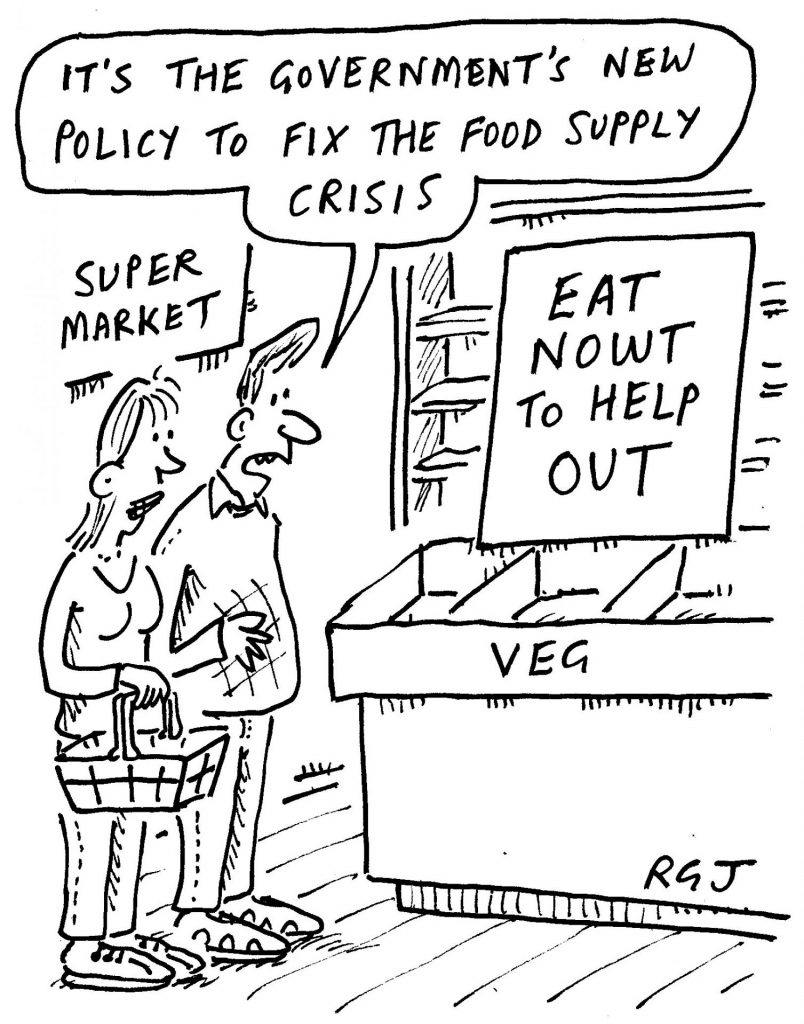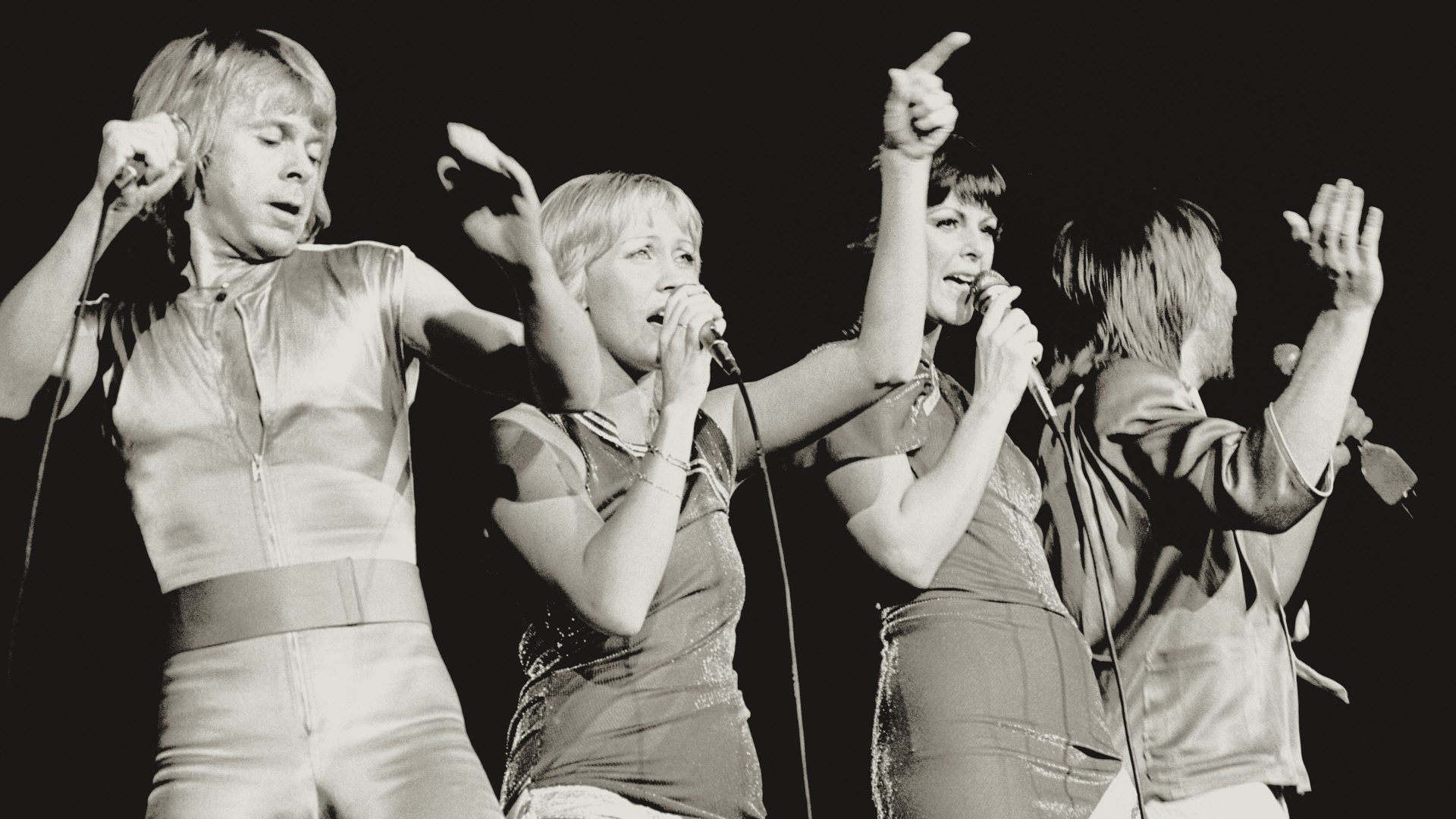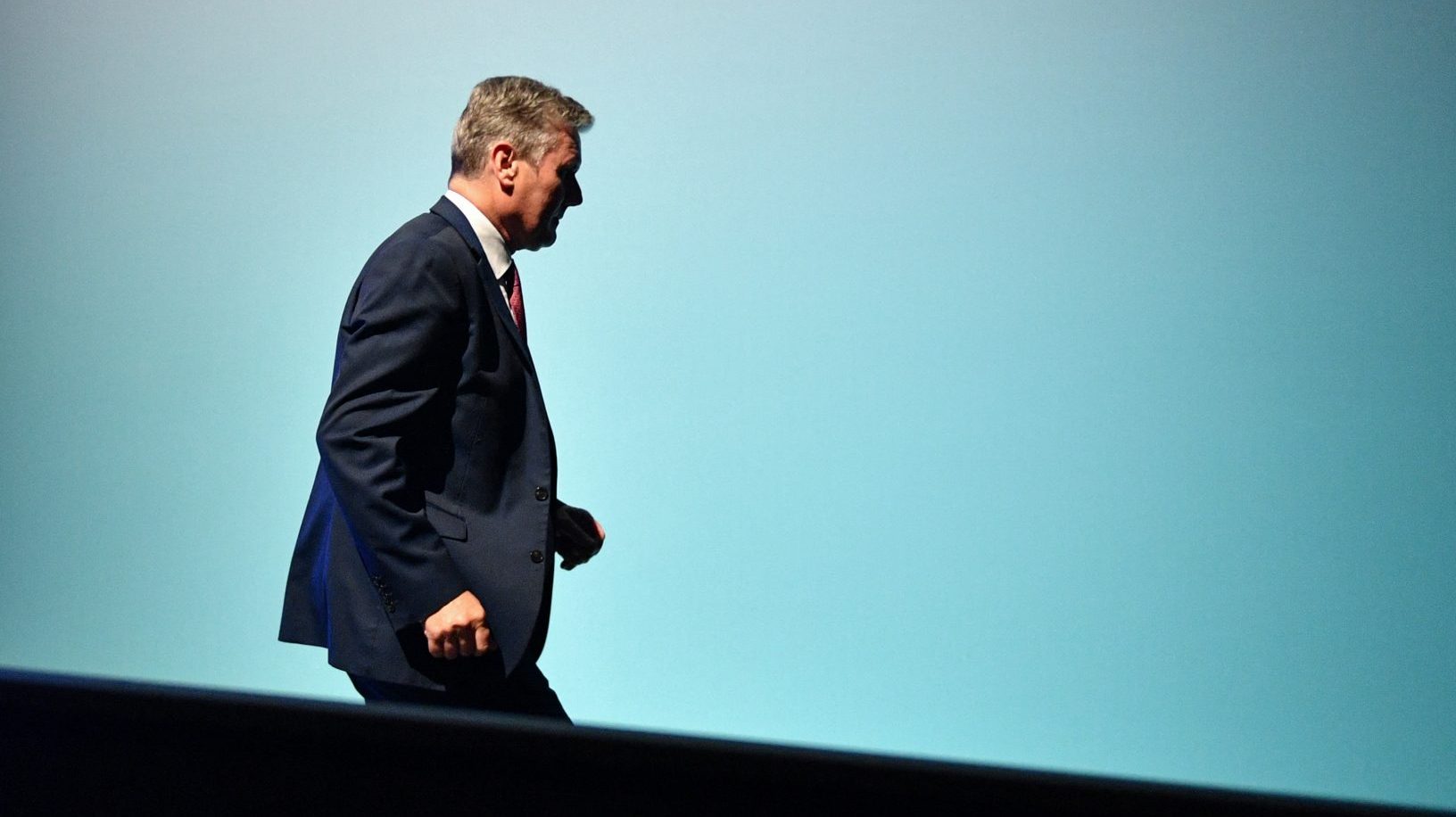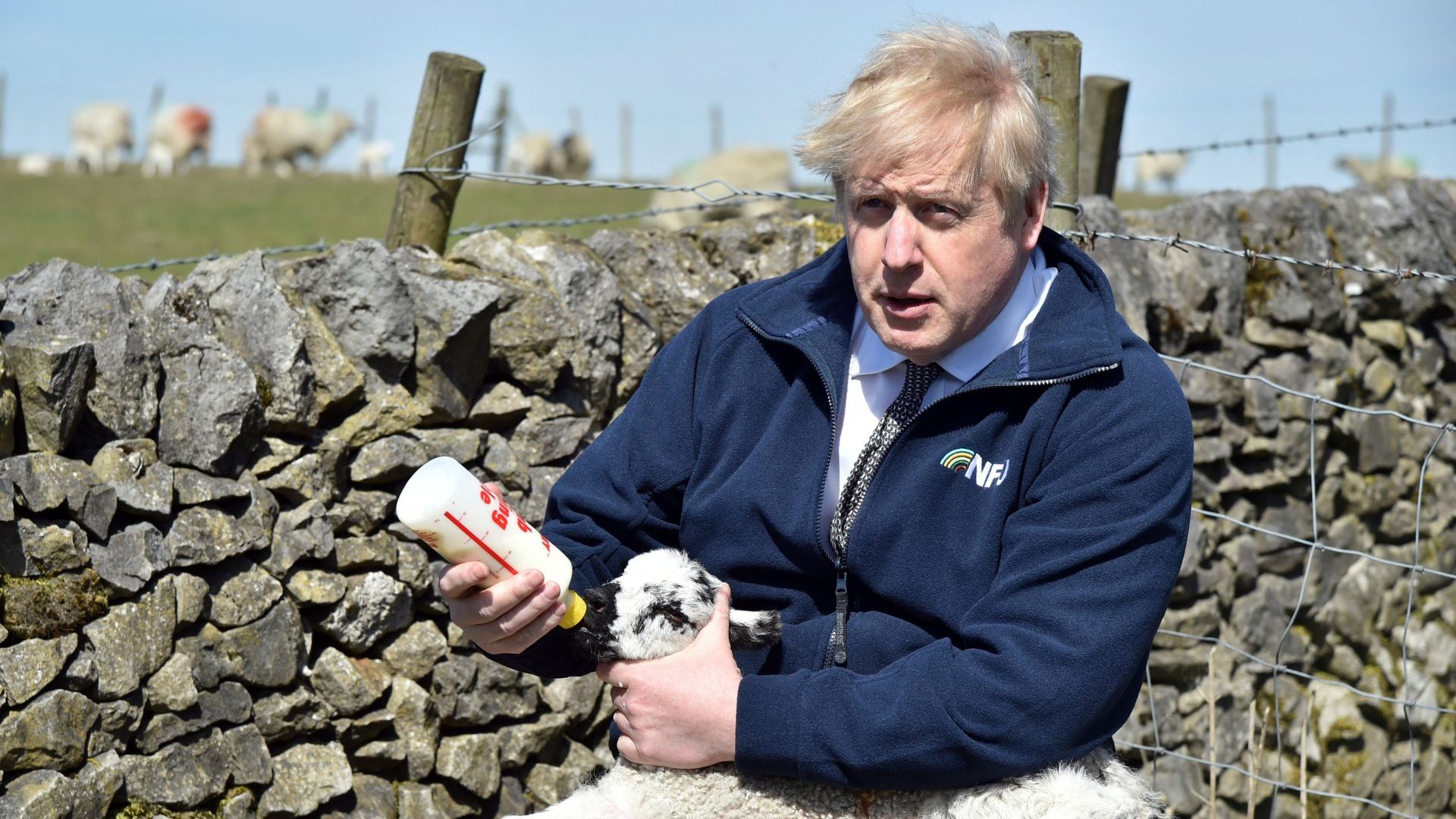It was an absolute joy to sit down with Björn Ulvaeus and talk all things ABBA for his Apple Music podcast, which has the splendidly prosaic name, Björn from ABBA and Friends. I am a friend, not of Björn, who I met for the first time when I arrived in the studio, but of ABBA, a band I have loved from the moment they exploded on to our screens and into our lives with their Eurovision-winning Waterloo in 1974.
In talking about ABBA to ABBA fans, Björn seems genuinely interested in exploring why they became such a phenomenon, and to this day even he is not quite sure why it happened to the extent that it did. And to those who say well, it is obvious, remember that on that day in Brighton, all those years ago, the verdict from the UK for ABBA’s entry was… wait for it… “nul points”. Thank God for the musical tastes of the rest of Europe who saw them for the talent they were and set them on the road to global stardom.
Björn is now a youthful-looking 77-year-old, and the latest chapter of the ABBA voyage, the “live” show by four ABBAtars, digitalised versions of the original band playing alongside a 12-piece backing group in a purpose-built east London arena, is all part of the musical legacy they aim to leave with us.
We agreed, however, that though it will be wonderful for future generations to be able to see ABBA perform “live” even after the stars of ABBA are dead, in the political arena the risks posed by such technology are real. India’s prime minister, Narendra Modi, used similar technology to do rallies in several places simultaneously in his election campaign, with the real Modi in one place and lifelike Modi holograms performing to huge crowds all around India.
Fair enough when you are campaigning in such a vast democracy, I guess. But what about the risks of deepfake? Even as I watched the ABBA show for the third time, my mind wandered to what a Trump or a Putin could do to political opponents by faking footage and pushing it out through favoured media channels consumed by people desperate to believe the worst.
Though he was meant to be interviewing me, rather than the other way round, I asked Björn: “You are using the technology for music, as a force for good. But could it not be used as a force for bad?”
“Yes,” he said. “We are pioneers but in the future we have to be very careful about what can be done with it.” Indeed we do.

Though I sensed that I was in the presence of a progressive social democrat who cares about the world around him, Björn and his ABBA colleagues have been careful to stay out of politics. He said that when musicians got directly involved in supporting one party against another, he felt it detracted from their music.
Such is their determination to avoid getting too deep into the political arena that when US Republican candidate John McCain used Take A Chance On Me as his campaign song, ABBA’s lawyers stepped in, and stopped him.
Of course ABBA will have no choice but to be part of the political debate when the Lying Putrescence that is Boris Johnson gives evidence to parliament’s privileges committee. Because one of the events the committee is looking into is the ABBA-themed party held in Downing Street when most of the rest of the country was going along with the lockdown laws laid down by the people breaking them.
Sue Gray, the civil servant portrayed by Tories as a “wait for Sue Gray” paragon of virtue when investigating lockdown breaches – and now being smeared by Johnson’s dwindling band of followers because she has decided to become chief of staff for Keir Starmer – did not in fact fully investigate the ABBA bash. It was instead supposed to be investigated by the police but, unlike the music in the Johnson flat that night, they went a bit quiet.
The Tory-dominated committee chaired by Labour MP Harriet Harman is certainly taking its time. That would appear from their latest progress report to be because they are taking the matter rather more seriously than the cops did.
Call me old-fashioned, but I think a prime minister and his cronies breaking the law inside the building where those laws were made, and that prime minister then lying to parliament about it, is a matter where justice must be done, and be seen to be done, or else the rule of law, and the relevance of parliament to the national life, are eroded.
I didn’t intend to write every item about ABBA when I started off this week, but hey, if the Lying Putrescence can have an ABBA-themed party, I can have an ABBA-themed column. After all, one of the essential qualifications to be a human being is that you must have a favourite ABBA song. Mine is Thank You For The Music, (which I can sing in three languages, by the way.) I was disappointed that it doesn’t even make Björn’s top 15.
He has three favourites from three different parts of their career… Mamma Mia from the early phase, Dancing Queen from the middle, Winner Takes It All from the later stages. Happily, Winner Takes It All features in Volume One of my diaries, a fact which, despite the band’s apolitical stance, seemed to please Björn greatly.
“Would Greta Thunberg,” I asked Björn, “have had the same impact had she been American or British?” In answering his questions about why ABBA became so big, I suggested that the soft power of Sweden’s generally positive reputation worldwide was one of the reasons, and the same goes for the Greta phenomenon.
“Soft power” was the theme of the Brand Finance event at which the Lying Putrescence finally gave his assessment of the new post-Brexit deal Rishi Sunak had struck with the EU in an attempt to clear up part of the LP’s mess.
I spoke at the same event last year, alongside former Danish prime minister Helle Thorning-Schmidt and adman Martin Sorrell. And I recall being handsomely paid for it, too. Not Johnson quarter-of-a-million rates, but OK money for an hour’s work.
So we eagerly await the LP’s next entry in the Register of Members’ Interests to see whether the reason he spoke out against the deal had less to do with his having actually read it (something that cannot be said for the one he signed) than the fact he thought he’d better have something to say to justify the fee.
I see he has taken to doing what I often do in speeches, involving the audience with show-of-hands instant polling. How nice to see that when he asked for a show of hands on who still thought Brexit was a good idea, only two hands were raised, one of which belonged to the LP.
What a tragedy for the country, though, that he had played such a role in it happening in the first place.
As I said in a speech at Stirling University last week: “I for one am not moving on until the lies and the crimes have been fully exposed and understood. I will not stop calling out the damage Brexit is doing to our economy, our society, our culture and our standing in the world.
“I will continue to point out that Brexit was a decision made by one generation, in response to a campaign led by a now utterly discredited leader, that will affect all generations to come. Younger generations have every right to fight to have the decision revisited.”




